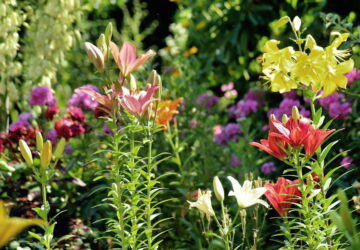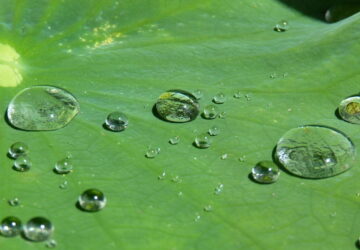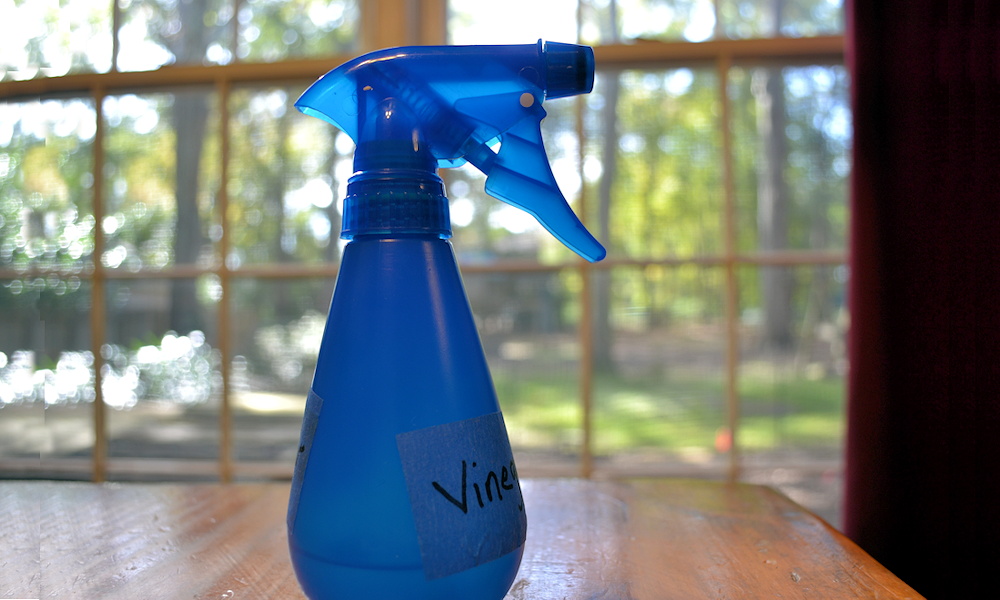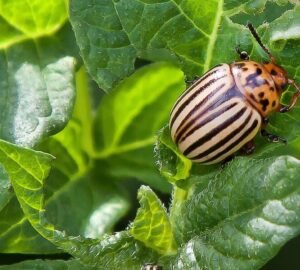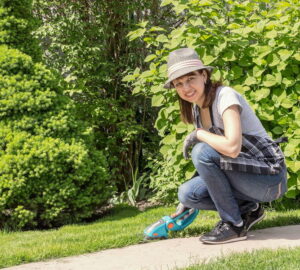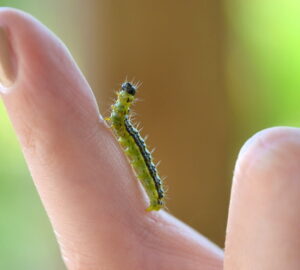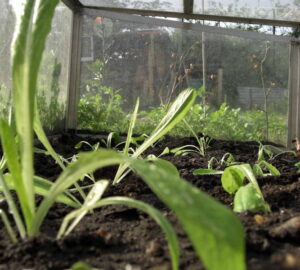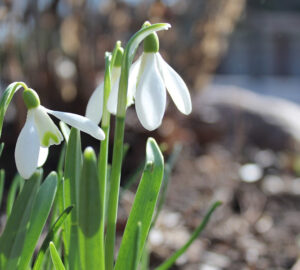In your quest for a thriving garden, you may be surprised to find that the solution to your weed problem lies in your kitchen pantry. Vinegar, a common kitchen staple, can serve as a potent weed killer, sparing you from resorting to harsh chemicals. In this guide, we’ll explore various vinegar-based weed killer recipes and provide tips on their safe usage in your garden. Whether you’re a seasoned gardener or just starting out, you’ll discover valuable insights to keep your garden vibrant and weed-free.
Understanding the Magic of Vinegar
Before diving into the recipes, let’s understand why vinegar is an effective weed killer. The key component in vinegar responsible for weed eradication is acetic acid. Vinegar typically contains between 10% and 20% acetic acid, with higher concentrations yielding more potent herbicidal effects.
The Vinegar Herbicide Recipes
There’s no one-size-fits-all recipe for vinegar-based weed killers; individual experiences and garden needs often determine the best choice. Below, we’ll explore several recipes, along with essential information and precautions for hobby gardeners.
- Undiluted Vinegar: A simple and highly effective weed killer can be created using undiluted vinegar with a 20% acid content.
- Vinegar and Dish Soap: Mixing approximately 5 ml of dish soap with 1 liter of vinegar creates a versatile solution that not only eliminates weeds but also acts as an insecticide. Caution is advised as this mixture can harm beneficial plants, so use it judiciously.
- Vinegar, Washing-Up Liquid, Water and Salt: Combining 75 g of salt and 5 ml of washing-up liquid with 1 liter of vinegar offers an effective weed-killing solution. As with the previous recipe, be cautious about its potential impact on your garden’s ecosystem.
- Vinegar and Lemon Juice: Some gardeners believe that adding lemon juice to vinegar enhances its weed-killing properties due to increased acidity. Typically, 5-75 ml of lemon juice is sufficient for 1 liter of vinegar.
- Vinegar and Essential Oil: To improve adherence to plants and enhance effectiveness, add a tablespoon of clove or orange essential oil to undiluted vinegar. This addition can increase the herbicide’s efficacy according to some experienced gardeners.
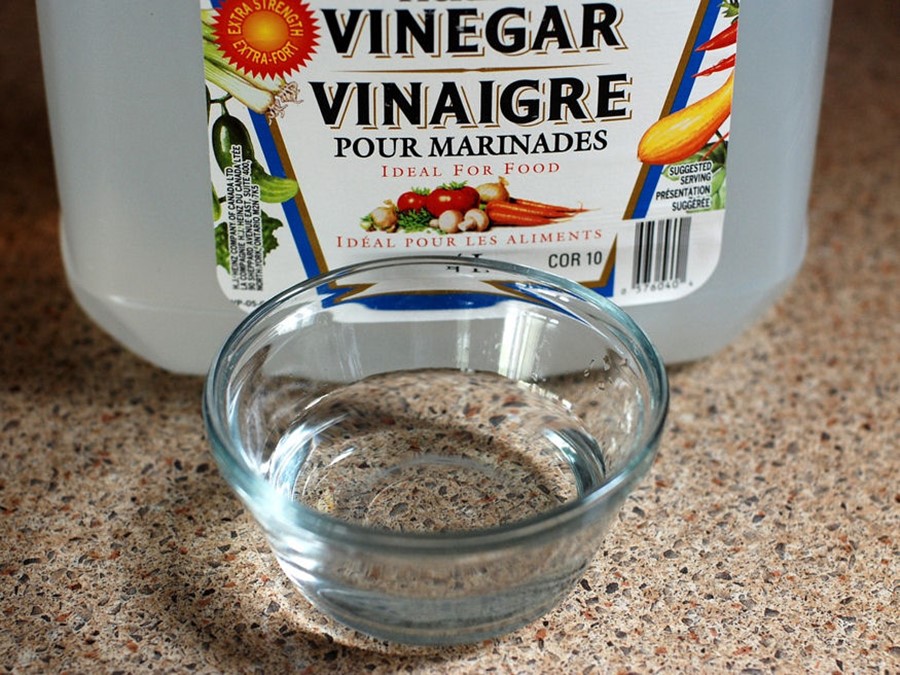
Precautions and Warnings
Effective weed control with vinegar comes with certain precautions to avoid unintended damage:
- Apply the vinegar weed killer directly to the unwanted plants or in their immediate vicinity to prevent collateral damage to desired crops or ornamental plants.
- Be mindful of vinegar’s sterilizing properties. Avoid spraying vinegar products on soil where you plan to plant, as it can sterilize the soil for up to two years, harming beneficial soil organisms.
- Pay close attention to the detergent or soap you use in your vinegar-based weed killer. Avoid products containing chemicals commonly found in household cleaning products, such as phosphates, phenols or sodium hypochlorite. These chemicals can harm the environment and beneficial soil bacteria. Opt for detergents without these additives, and steer clear of “antibacterial” cleaners, which also kill beneficial soil bacteria.
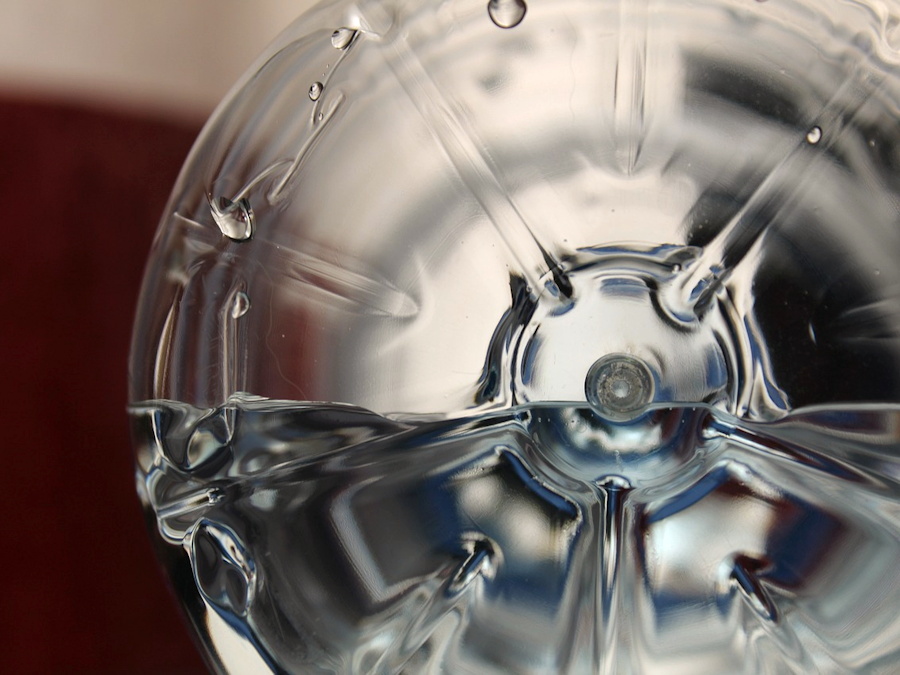
Versatile Uses of Vinegar
Beyond its role as a weed killer, vinegar is a versatile, eco-friendly liquid with numerous applications, including:
- Herbicide
- Insecticide
- Fungicide
- Disinfectant
- Food flavoring
- Pickling
Application Tips
To get the most out of your vinegar herbicide, follow these application guidelines:
- Pour the vinegar herbicide into a spray bottle or watering can.
- For optimal results, spray the solution directly onto the weed, covering leaves, stems, flowers and the trunk, rather than just the ground-level portions.
With these insights and recipes in hand, you can harness the power of vinegar to maintain a thriving, weed-free garden while minimizing harm to the environment and beneficial soil organisms. Happy gardening!
